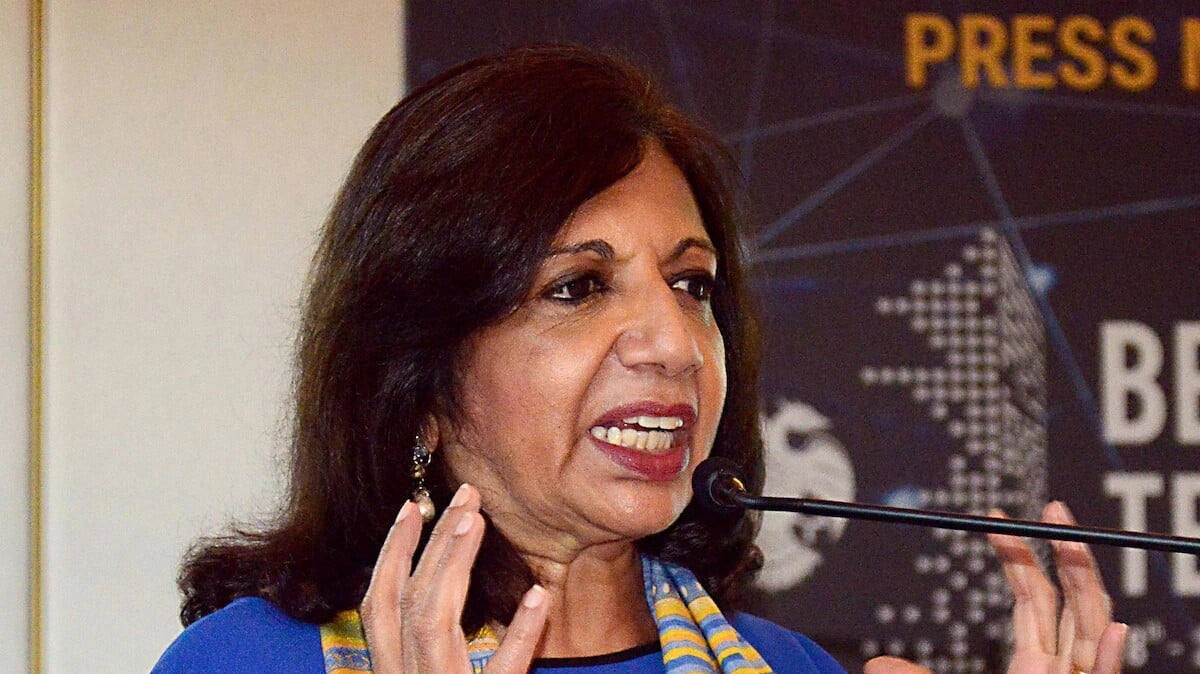
What Biocon founder Mazumdar-Shaw said on Karnataka's job quota bill
What's the story
Kiran Mazumdar-Shaw, founder of pharmaceutical titan Biocon, opposed the Karnataka government's now-paused job quota bill. The legislation, greenlit by the cabinet led by Chief Minister Siddaramaiah, would require private firms to reserve 70% of non-management roles and 50% of management-level positions for local hires. However, following backlash, the state government has put a pause on the bill. Mazumdar-Shaw voiced her concerns via social media, cautioning against potential negative impacts on Karnataka's leading position in the technology sector.
Response
Minister responds to Mazumdar-Shaw's concerns
"As a tech hub, we need skilled talent and whilst the aim is to provide jobs for locals we must not affect our leading position in technology by this move. There must be caveats that exempt highly skilled recruitment from this policy," she wrote. Karnataka's Minister for Information Technology and Biotechnology, Priyank Kharge, quickly responded to Mazumdar-Shaw's postt, assuring that "no detrimental rules or laws will be enforced without due consultations with stakeholders."
Criticism
Industry figures and associations express discontent
The job quota bill had also faced criticism from other industry figures, including former Infosys chief financial officer Mohandas Pai, who labeled it "discriminatory" and "regressive." Similarly, the National Association of Software and Service Companies (NASSCOM) expressed disappointment and concern over the legislation. It warned that such restrictions could compel companies to relocate due to a potential scarcity of local skilled talent.
Provisions
Bill's provisions and potential penalties detailed
The Karnataka State Government Employment of Local Candidates in Industries Bill, 2024, defines a local candidate as an individual born in Karnataka, domiciled in the state for 15 years, and proficient in speaking, reading, and writing Kannada. If sufficient local candidates are not available, industries may request relaxation from the Act's provisions from the government. Violation of the bill could result in penalties ranging from ₹10,000 to ₹25,000.